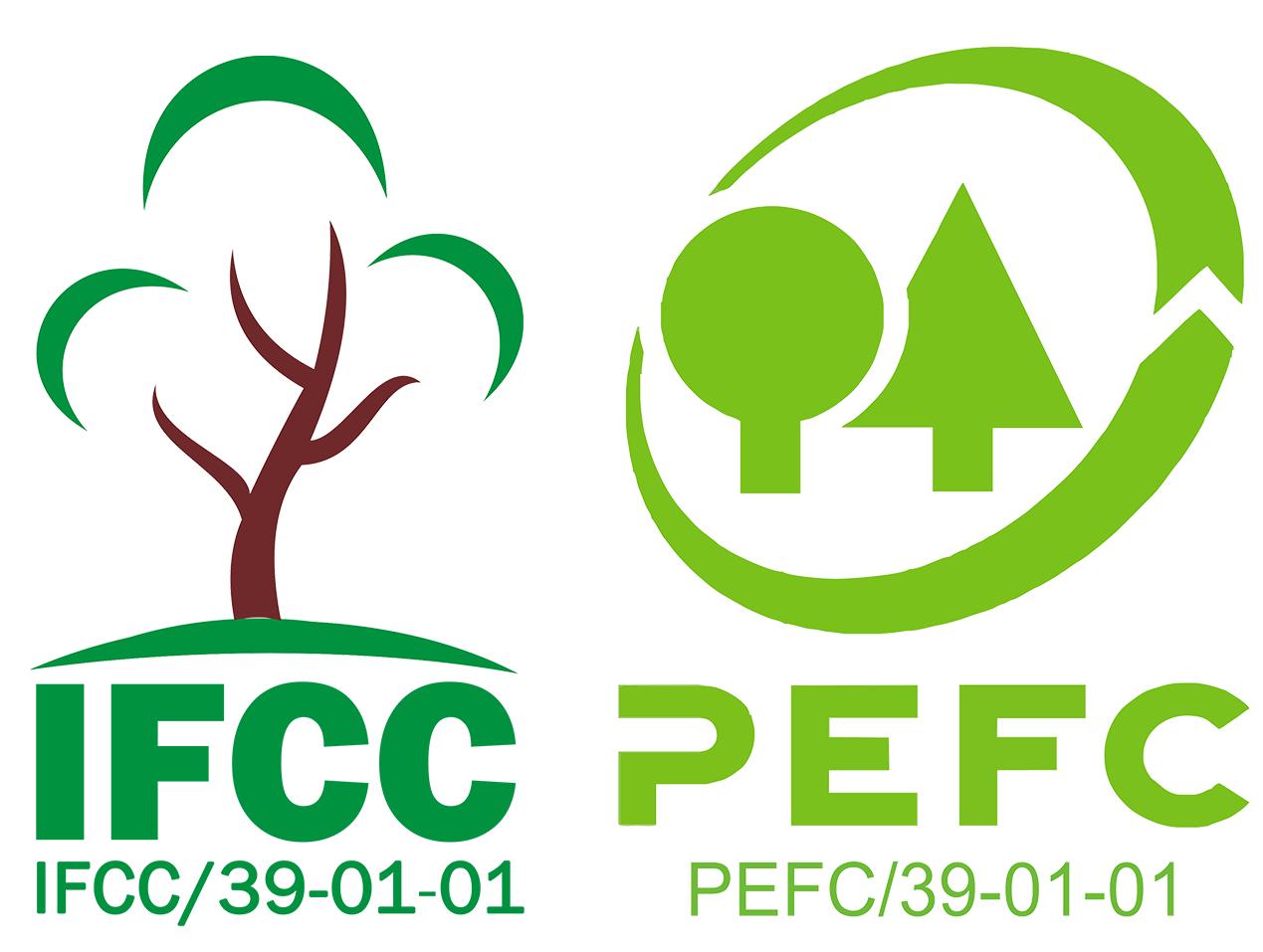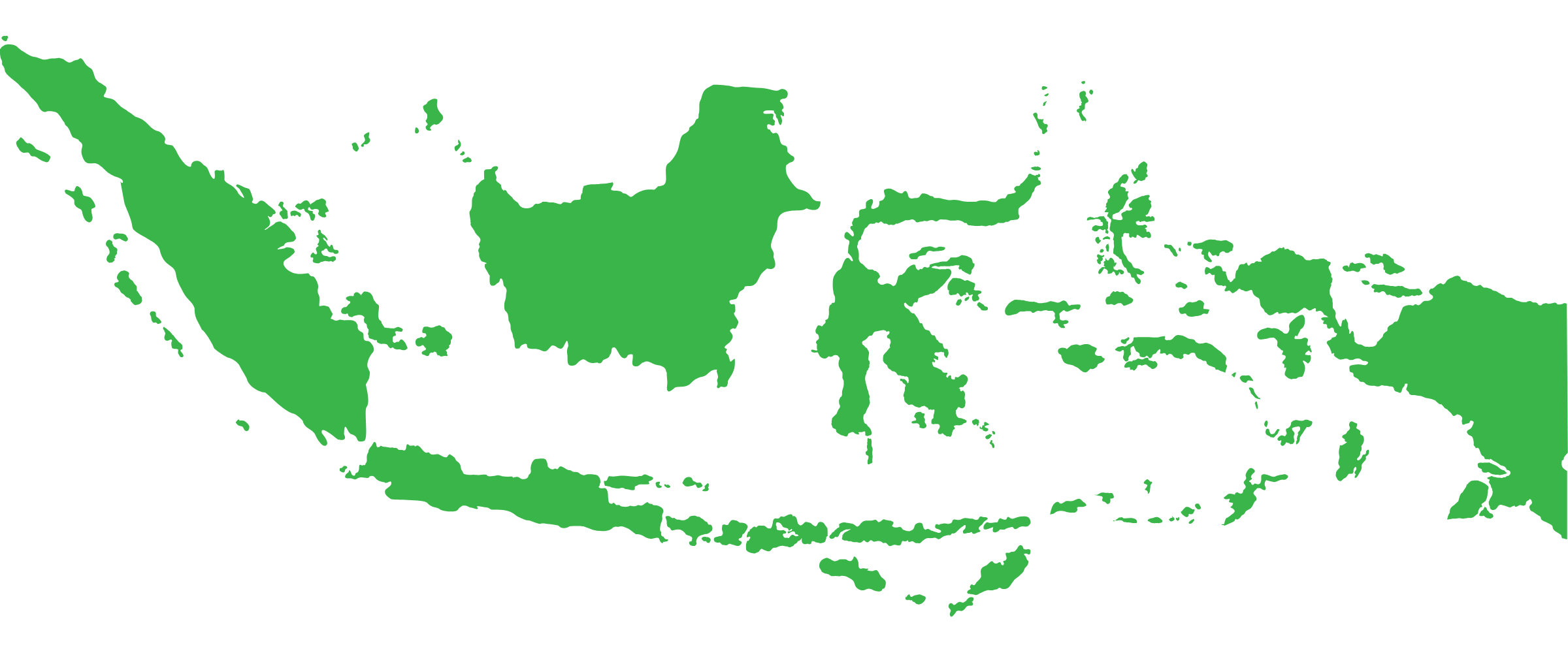
With the application of the Indonesian Forestry Certification Co-operation (IFCC) for PEFC endorsement, Indonesia has become the third Asian country after Malaysia and China to seek PEFC endorsement. Stakeholders globally are invited to provide feedback on IFCC’s compliance with PEFC International’s Sustainability Benchmarks by 1 February 2014.
“We appreciate the opportunity that PEFC is providing independent national forest certification systems such as IFCC to develop its own standards tailored to our national and local political, economic, social, environmental and cultural realities,” said Dradjad H Wibowo, Chairman of the IFCC. “Finding the right balance that protects forests and the people who depend on them is critical to achieving long term sustainability. PEFC’s bottom up approach has enabled Indonesian stakeholders to develop a robust standard that considers Indonesia’s unique needs and therefore has the potential of wide adaptation.”
With more than 50% of Indonesia’s land area forested, the country’s rainforest is the third-largest in the world. It is considered one of the five most species-rich countries in the world, home to about ten percent of all known species of plants, mammals and birds. It is estimated that 80 million Indonesians rely on forests for their livelihood. Responsible management of the countries forest resources are also important from an economic point of view: Smallholders and industrial forestry operators, along with pulp and paper producers, depend on forests, and contribute approximately US$21 billion to the economy — around 3.5 percent of Indonesia’s GDP. More than 4 million people are employed by this industry.
“Forest certification is critically important not only to promote sustainable forest management practices, but also to add additional economic in addition to environmental and social values to our forest resource,” emphasized Mr Wibowo. “The IFCC standard contains strict requirements that prevent conversions of certified forest areas, yet the challenge remains that uncertified forest areas are converted to other land uses that offer a better financial return. Through the market access that certification provides, we will be able encourage forest owners and managers to sustainably manage their resources to the long-term benefit of all instead of seeking short-term financial gains through conversions.”
“PEFC endorsement is important in this context as it will allow IFCC to gain international recognition and market access while at the same time demonstrating that our national requirement are in line with globally recognized Sustainability Benchmarks,” explained Mr. Wibowo.
PEFC has the most rigorous assessment process for national certification systems seeking international recognition. In addition to the comprehensive and inclusive process at national level, all standards are subjected to an independent third-party evaluation, global public consultation, a review by the Panel of Experts, and consideration by the PEFC Board of Directors before PEFC members decide about the endorsement of a particular national system.
As the global public consultation is an important part of gathering feedback from interested parties worldwide on the compliance of national standards with PEFC’s Sustainability Benchmarks, PEFC encourages stakeholders to submit comments using PEFC's Online Consultation Tool by 1 February 2014.
More information:
IFCC Forest Certification Scheme Documentation
PEFC's Online Consultation Tool



